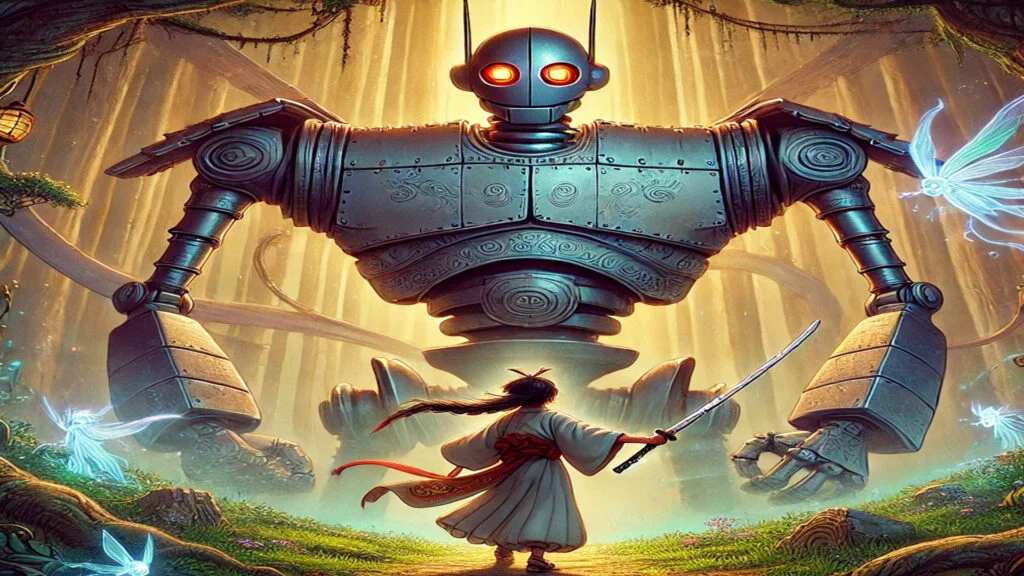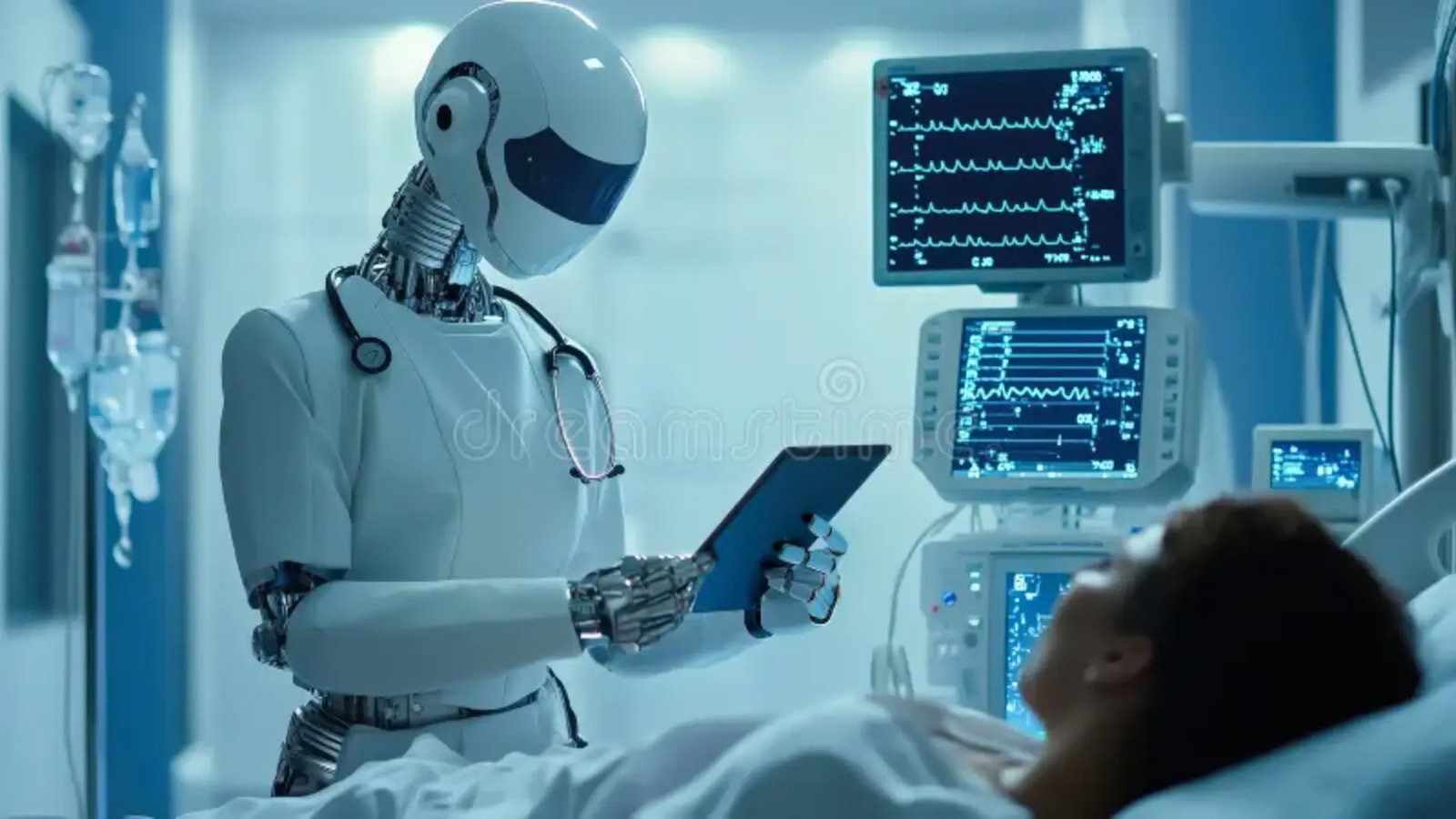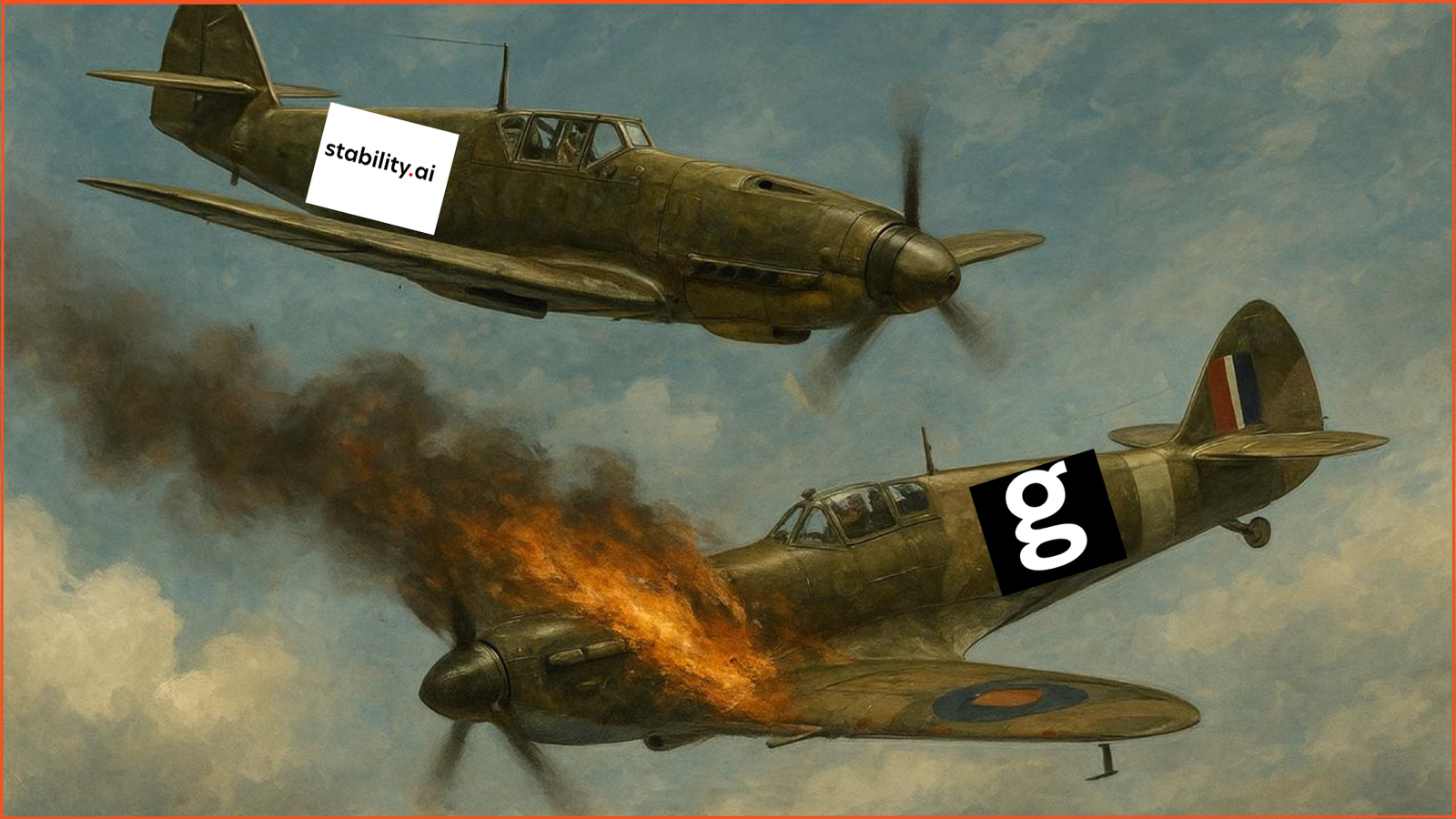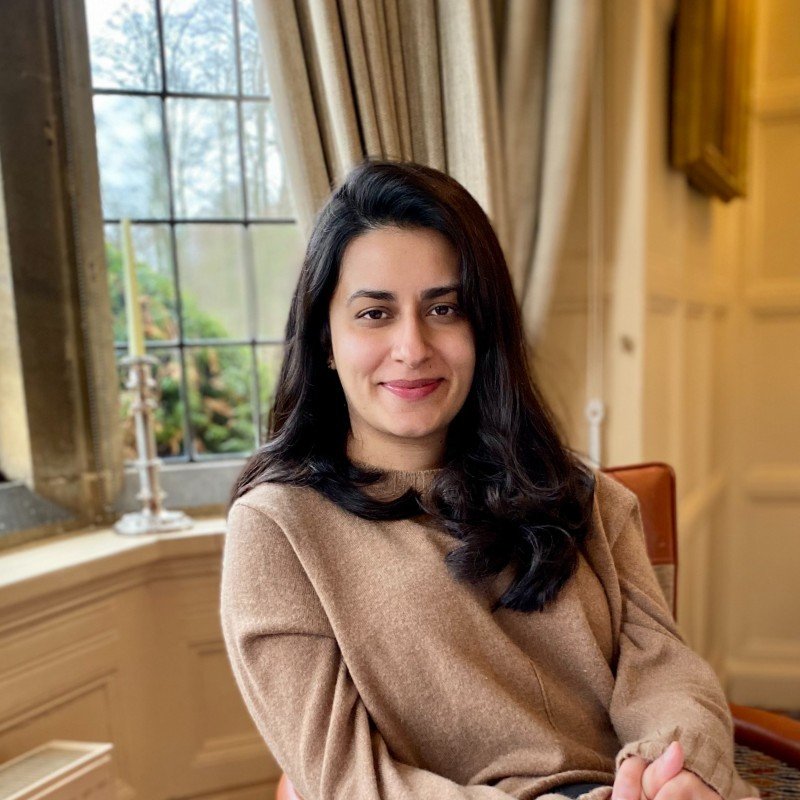An Ironic Coincidence
On March 25th 2025, OpenAI launched 4o image generation for ChatGPT, which users quickly discovered could generate images in the distinctive style of Studio Ghibli. Just a day later, on March 26th 2025, Studio Ghibli’s classic film Princess Mononoke was re-released in 4K IMAX across North America, celebrating the studio’s 40th anniversary.
It seems unlikely that this was anything other than an ironic coincidence – Hayao Miyazaki (the founder of Studio Ghibli) has previously called AI-generated art an “insult to humanity” – but if it was a PR stunt, you’d have to say it was a pretty successful one, because the Princess Mononoke re-release grossed USD 4 Mn in the first weekend alone.
Rage Against The Machine
But OpenAI’s “Ghiblification” feature also sparked intense backlash from people who argued that it undermines the creative integrity of Studio Ghibli’s work, and raises copyright infringement issues.
OpenAI has generally taken a conservative approach to mimicking the work of living artists, outright refusing prompts that request such images – most likely to avoid copyright infringement claims. This makes the decision to allow users to generate Ghibli-style images all the more puzzling. If OpenAI acknowledges the legal risks of replicating a living artist’s work, why does that concern not extend to Studio Ghibli’s distinctive aesthetic? Would they not still face liability for both the images generated and the copyrighted material used to train their AI?
Can A Style Be Copyrighted?
The first major point here is that artistic ‘styles’ are not specifically given copyright protection. So while copyright law (in both USA and Japan) safeguard original works of authorship, such as specific illustrations, films, and character designs, it does not extend to the underlying artistic techniques or aesthetics that define a studio’s unique style.
In Studio Ghibli’s case, its distinctive hand-drawn animation, soft watercolour-like backgrounds, and whimsical fantasy elements are integral to its artistic identity, but they are not legally protected. As a result, if the OpenAI image generator produces output in a Ghibli-inspired style and aesthetic, it may be doing so by drawing inspiration from the studio’s work without directly infringing on any copyrighted material.
The Limits of Fair Use
The other major consideration is whether the input material used to train the image generator was under authorisation or license, especially with respect to Studio Ghibli’s copyrighted material. This issue ties into the multitude of copyright lawsuits in recent years, including New York Times v. OpenAI, which often involve the application of the ‘fair use’ doctrine. The fair use doctrine permits the use of copyrighted material for specific purposes, such as academic research or when the material is transformed into something new. Following the New York Times case, OpenAI has stated that they believe training their models is fair use under copyright law.
No Legal Clarity
Despite the fact that this legal issue is quickly becoming a flashpoint between tech companies and creators worldwide, and the lawsuits against OpenAI have become so numerous that the company has moved to consolidate them, we’re still no closer to a definitive legal doctrine.
On the one hand, creators had a minor victory in Thomson Reuters v. Ross Intelligence (which we explored in depth in another article), where the court found that the fair use doctrine would not hold up if AI-generated content was so similar to copyrighted content that it could compete with and cause commercial harm to the copyright holder.
On the other hand, in late March 2025, a federal judge ruled in favour of Anthropic, deciding that the music publishers who were seeking an injunction against the AI company (for allegedly copying song lyrics to train their LLM, Claude) had not demonstrated sufficient business harm.
Ultimately, based on our reading of recent case law: if an AI generated image closely resembles a copyrighted work and was produced using training data containing copyrighted materials without permission or license, it could be considered an unauthorized derivative work, and copyright holders would at least have a foundation for legal action. On the other hand, if AI generated content merely draws inspiration from a style without replicating specific protected elements such as characters or compositions, it may not count as copyright infringement.
Studio Ghibli’s case, sadly, is not helped by the fact that Japan laws enable developers to train AI models using copyright-protected materials. Therefore, any legal challenge with respect to unauthorised training would have to be done in the USA.
Trademark Law
Beyond copyright concerns, there is the issue of OpenAI’s liability under trademark law for leveraging Studio Ghibli’s reputation and goodwill to promote their own product. Since OpenAI has marketed its AI-generated images as “in the style of Studio Ghibli” and essentially associates them with the studio’s name, there could be grounds for trademark infringement, false endorsement, or dilution. Since trademark law prevents consumer confusion, any misrepresentation of an official affiliation with Studio Ghibli could form the basis of a legal claim.
Moreover, Studio Ghibli’s distinct visual style – defined by things like hand-drawn animation, soft colour palettes, richly detailed backgrounds, and whimsical character designs – may be protectable as ‘trade dress’ if it has acquired secondary meaning, signifying to consumers that it originates from the studio. A trade dress infringement claim would depend on whether these stylistic elements are distinctive and non-functional, and whether OpenAI’s use of them misleads consumers into associating its AI-generated images with Studio Ghibli.
Artocalypse… Now?
Of course, all this legal hand wringing may soon come to an abrupt and ignoble end under the Trump administration (like so much else). OpenAI and Google are already aggressively lobbying the US Government to officially classify AI training on copyrighted data as fair use, using the reliable “China is eating our lunch” narrative. If they succeed, they will have won the AI copyright wars, and the day of the human creator would effectively have ended.
For more reading on AI and copyright, you can visit our website and read our articles about AI and Ownership, major recent copyright lawsuits, OpenAI’s numerous run-ins with copyright law, and much more.
Authors: Shantanu Mukherjee, Varun Alase













































